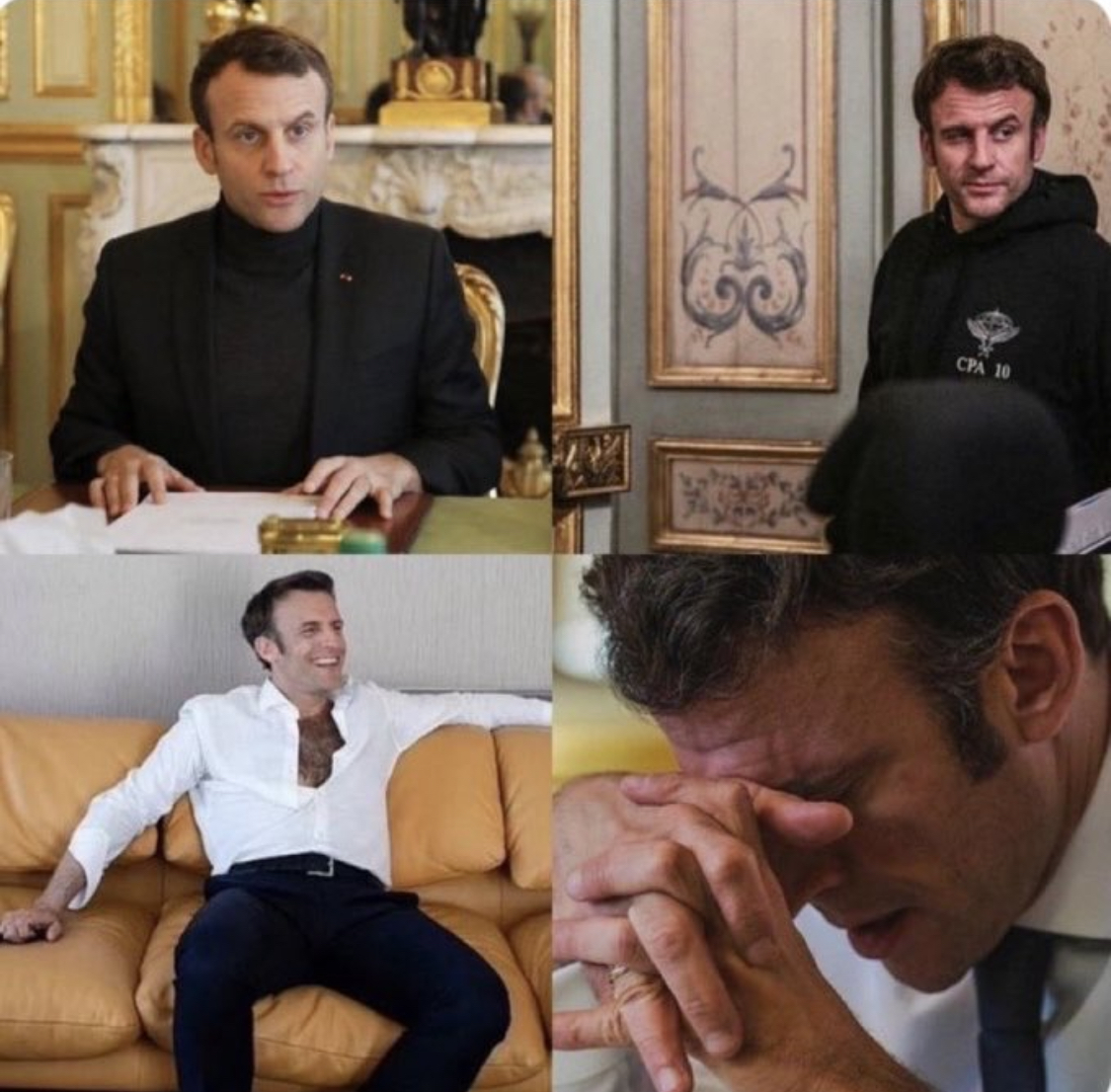1. Tacking to the right
2. Trying to keep left-wing voters on board
3. Re-elected for a historic second term…
4. …off the back of an anti-Le Pen protest vote
‘Emmanuel Macron won the election by moving to the right, effectively taking over the vote of Les Républicains, the traditional party of the right. In 2017 he had managed to win over voters of the centre-left on the promise of progressive politics, though many are now disillusioned with Macron. The growth of the security state since 2017, the harsh repression of the gilets jaunes, and structural neoliberal reforms have convinced the left that Macron is the new candidate of the right, and his electorate has largely shifted to the manager/professional class and retirees.
‘Despite this, Macron was elected thanks to support from the left. Mélenchon’s La France Insoumise, which came third in the first round of the election with 22% of the vote, pushed Macron over the 50% mark in the second round. Even though Macron made no concessions to the left during his very short campaign, he received most of the votes from left wing parties. The left voted not for Macron but against Le Pen because of her xenophobic and anti-Muslim policies, and will mobilise in the streets after failing in the ballot box.
‘Le Pen has pushed the far right to its best score ever – over 41% of the vote. She abandoned the idea of Frexit and of an exit of the Euro, moving ever closer to Macron. She appealed to working-class voters’ concerns for employment and purchasing power, gaining many of their votes. This is despite her programme being surprisingly close to Macron’s: neoliberal in outlook, with only minor differences in terms of public procurement to favour national industries. She is strongest in peripheral and rural France, outside the large cities.’
Dr Charles Devellennes is Senior Lecturer in Political and Social Thought at the School of Politics and International Relations. He is author of The Gilets Jaunes and the New Social Contract and the upcoming The Macron Régime (October 2022).

